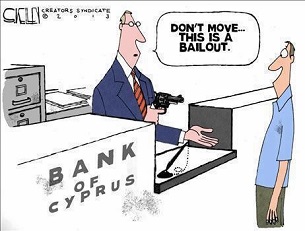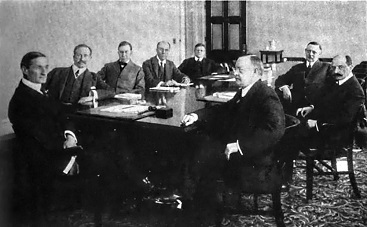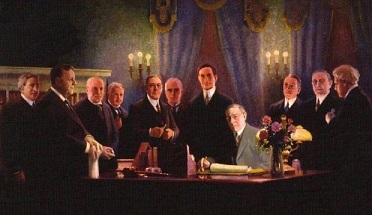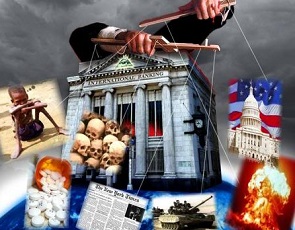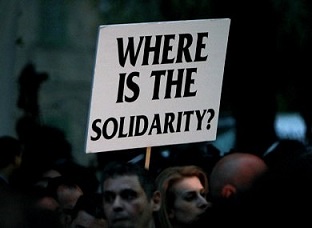The Global Banking Game Is Rigged, and the FDIC Is Suing

Taxpayers are paying billions of dollars for a swindle pulled off by the world’s biggest banks, using a form of derivative called interest-rate swaps; and the Federal Deposit Insurance Corporation has now joined a chorus of litigants suing over it. According to an SEIU report:
Derivatives . . . have turned into a windfall for banks and a nightmare for taxpayers. . . . While banks are still collecting fixed rates of 3 to 6 percent, they are now regularly paying public entities as little as a tenth of one percent on the outstanding bonds, with rates expected to remain low in the future. Over the life of the deals, banks are now projected to collect billions more than they pay state and local governments – an outcome which amounts to a second bailout for banks, this one paid directly out of state and local budgets.
It is not just that local governments, universities and pension funds made a bad bet on these swaps. The game itself was rigged, as explained below. The FDIC is now suing in civil court for damages and punitive damages, a lead that other injured local governments and agencies would be well-advised to follow. But they need to hurry, because time on the statute of limitations is running out.

























